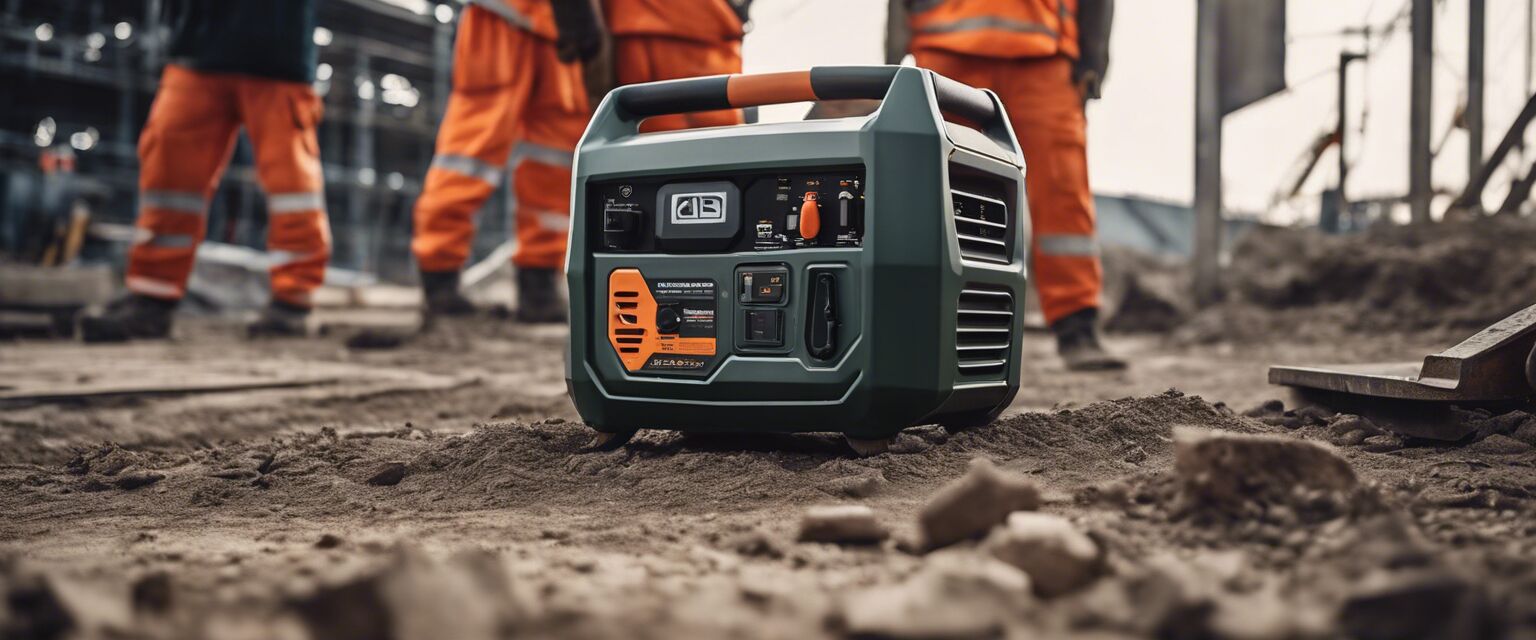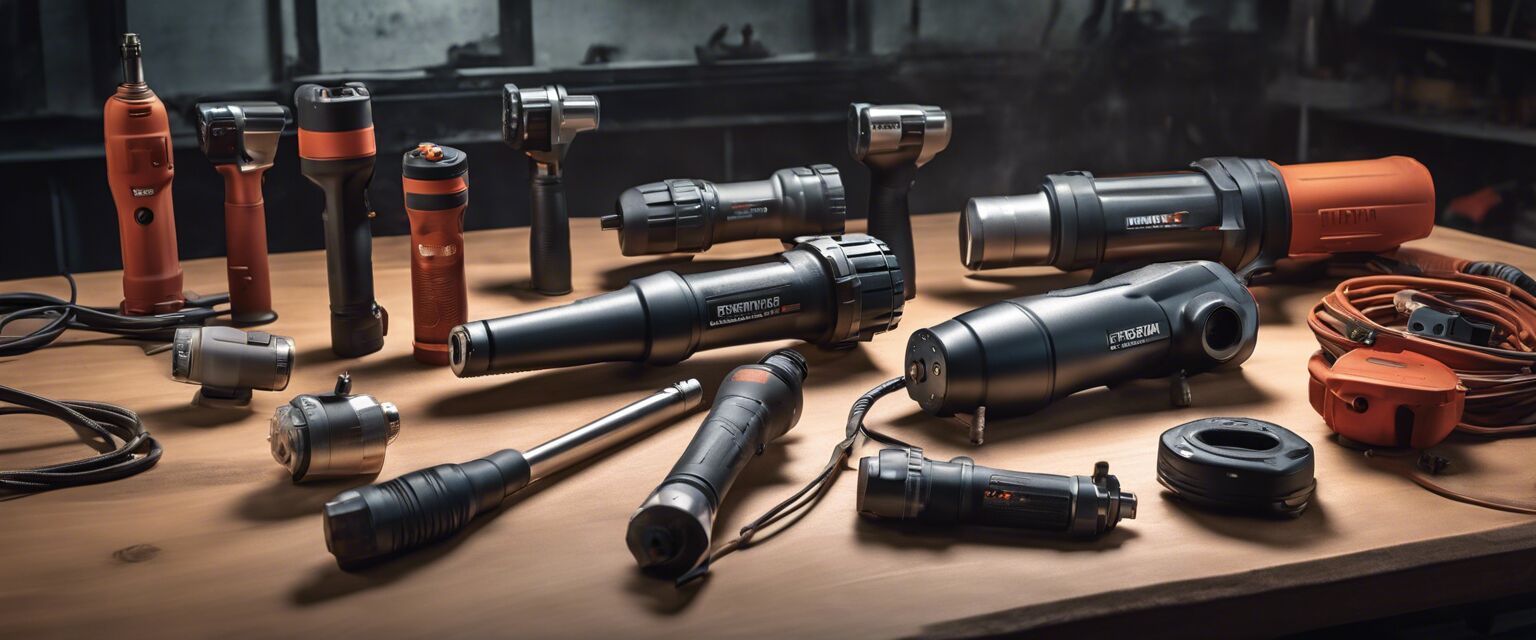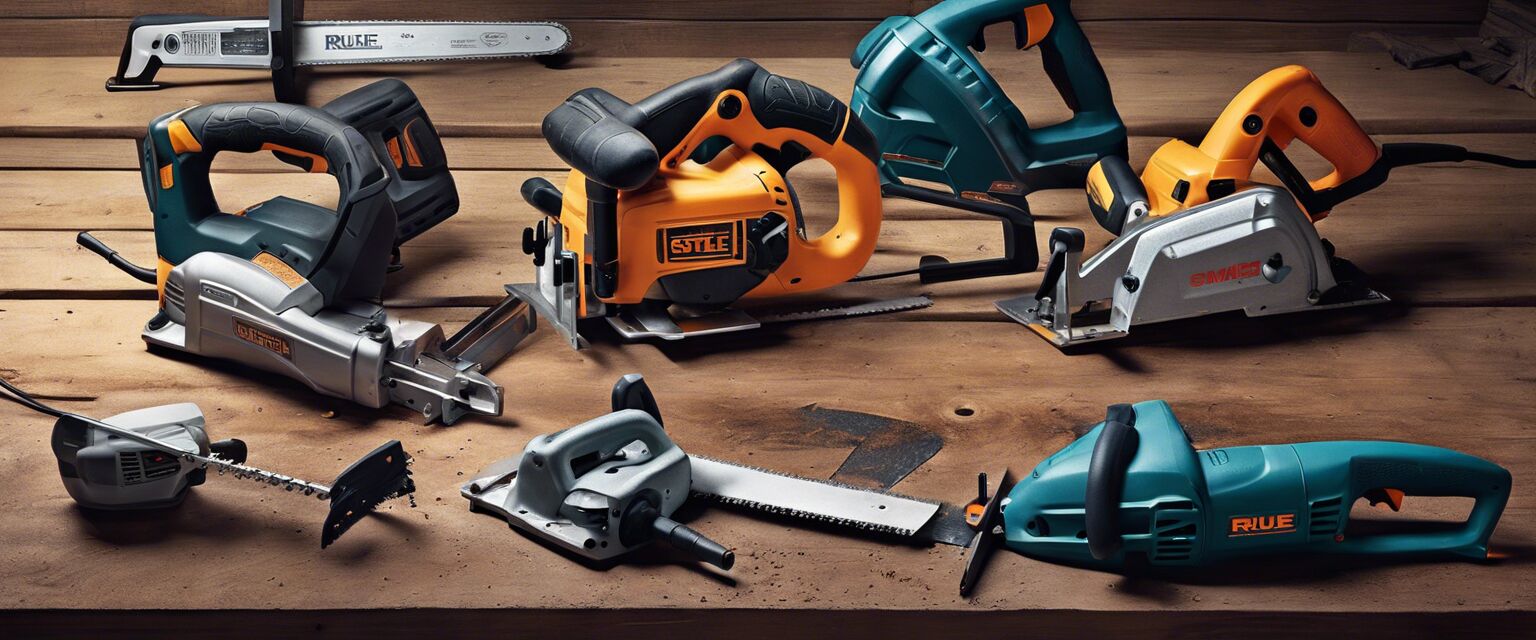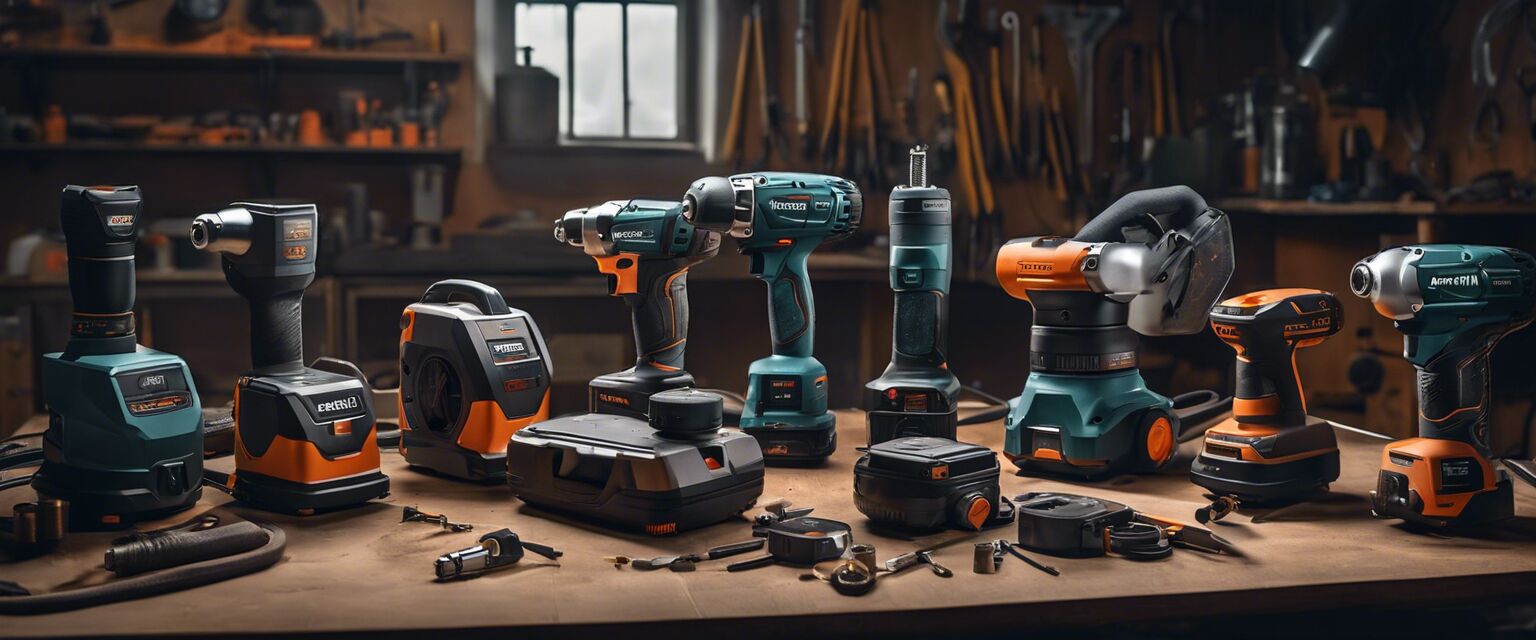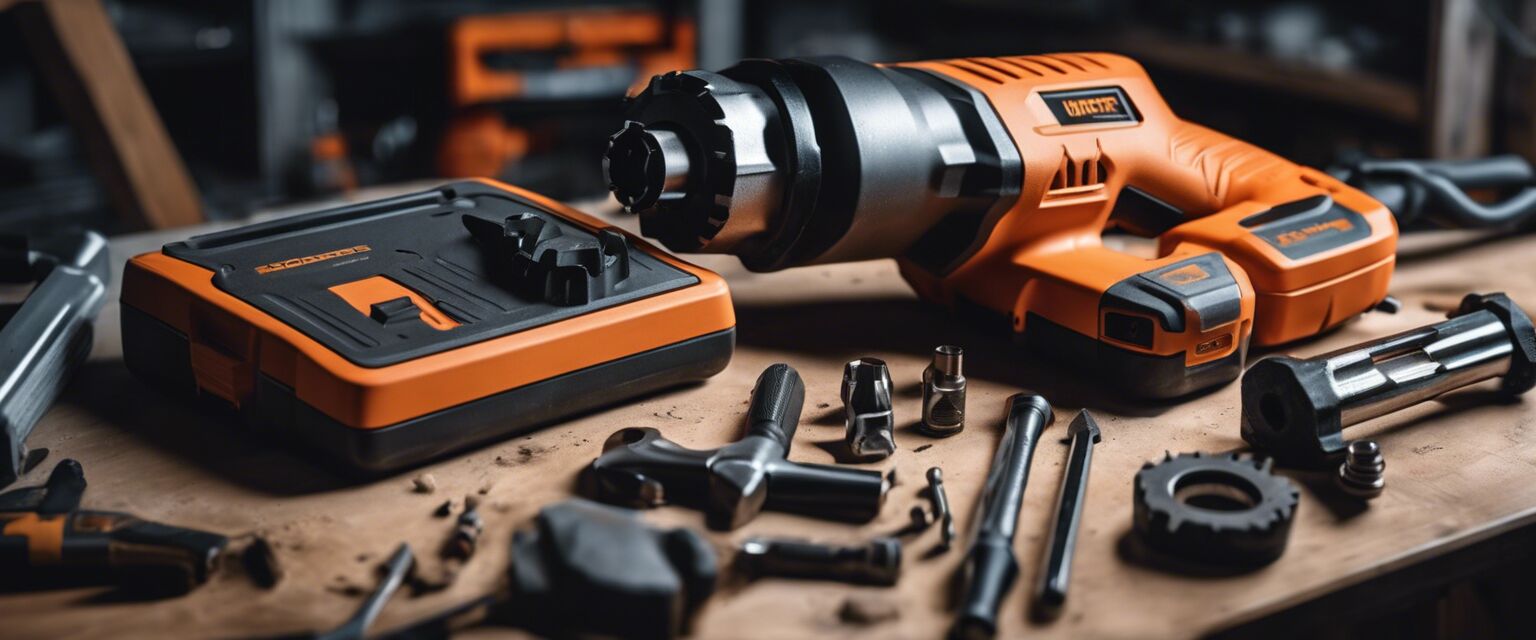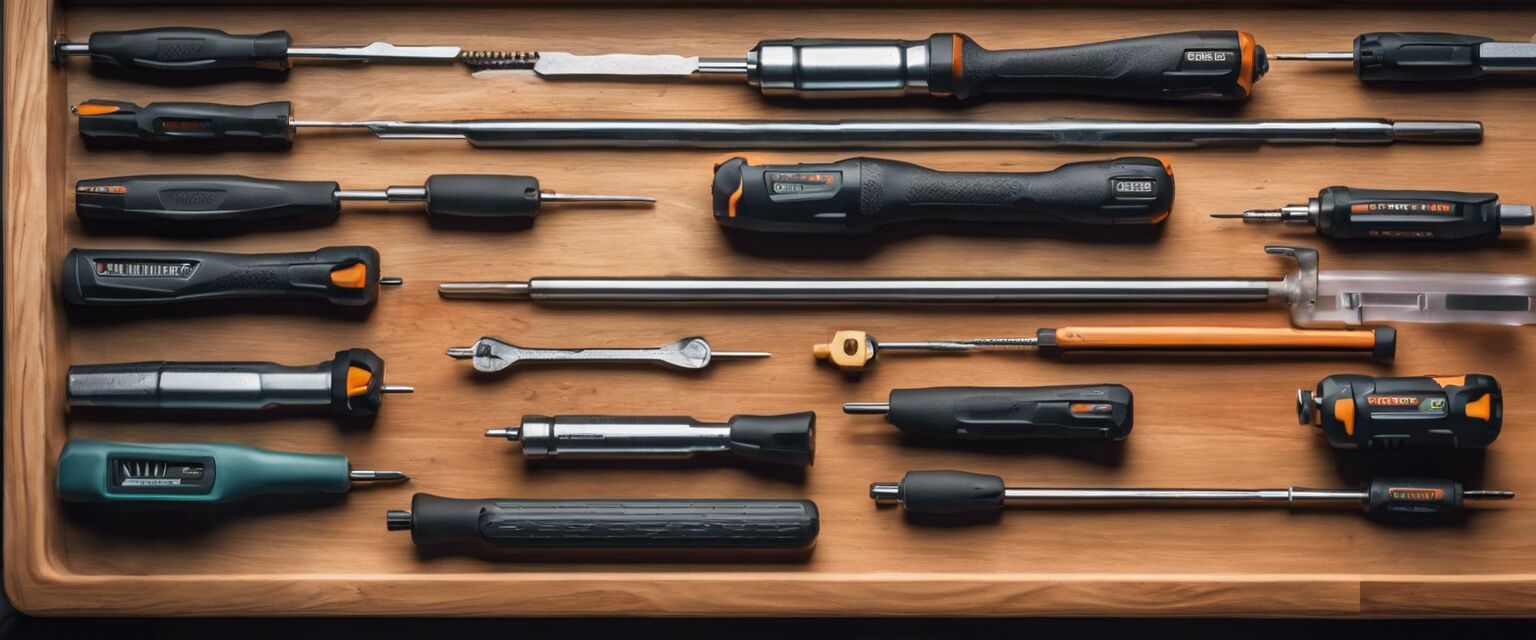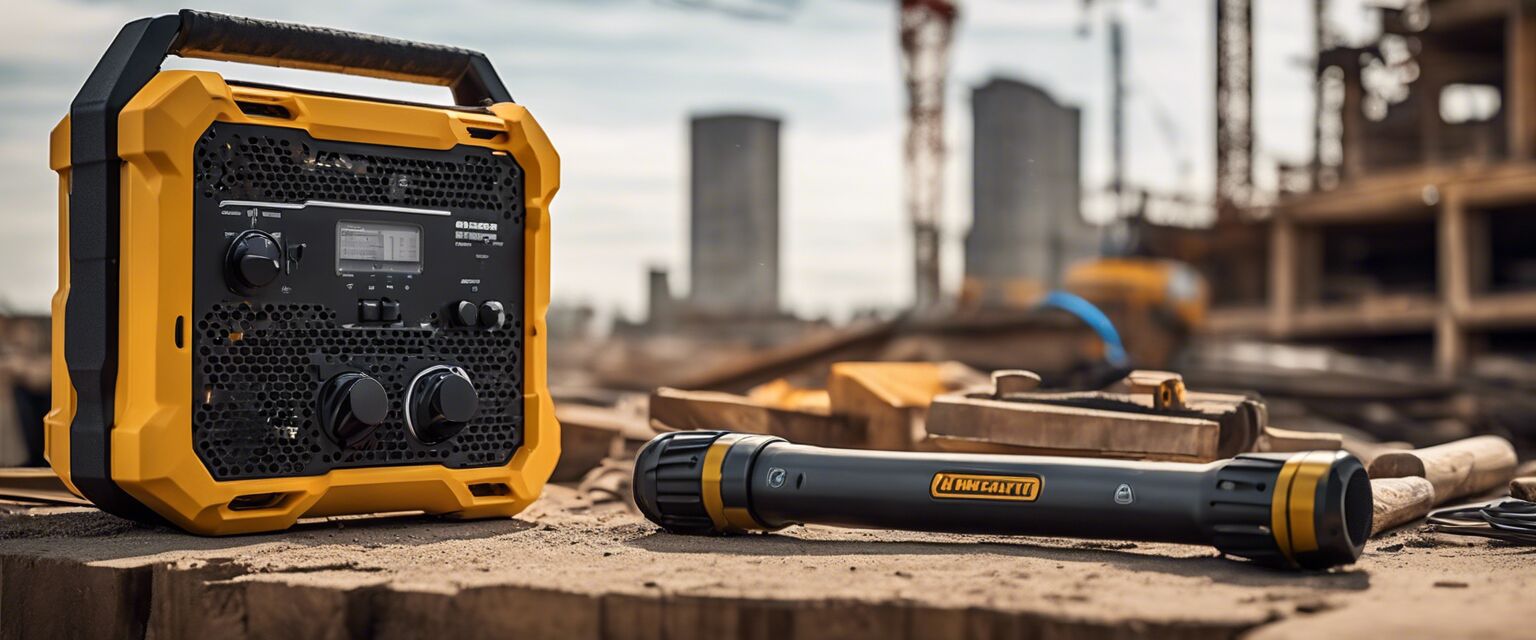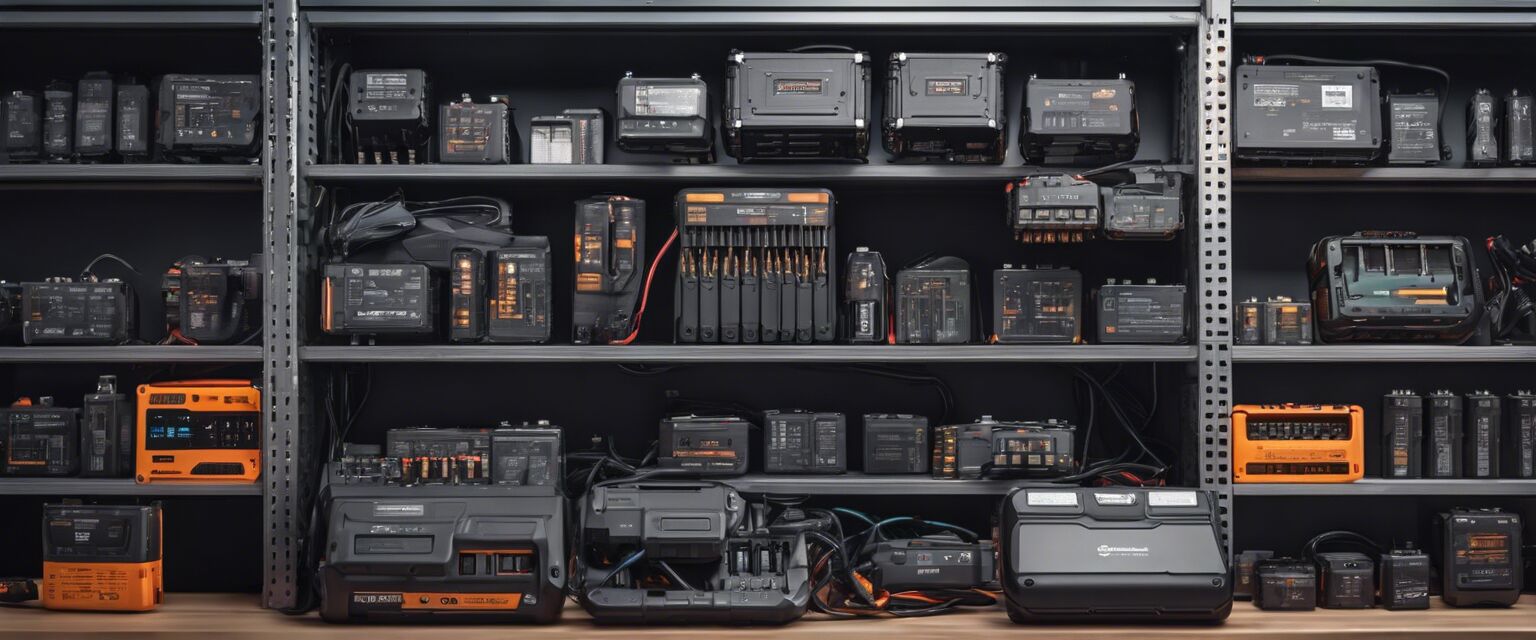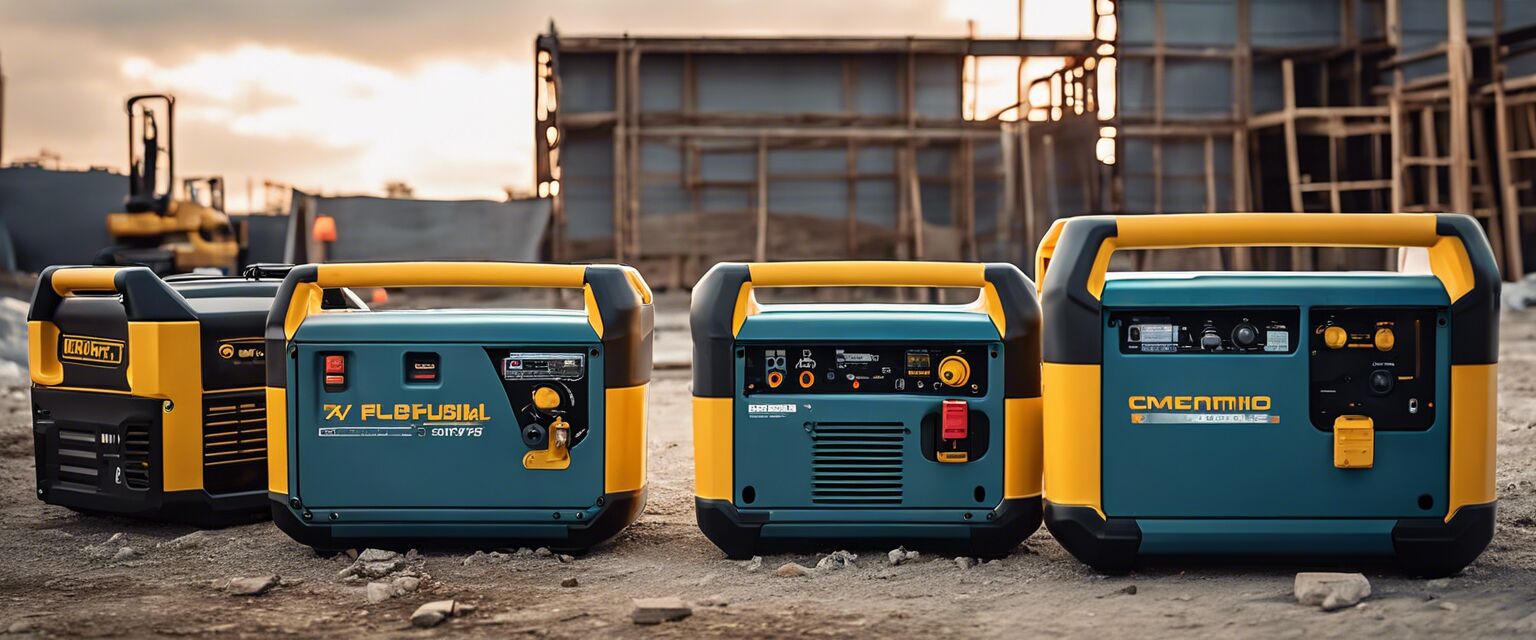
Portable Generators
Key Takeaways
- Portable generators provide reliable power for job sites and remote work.
- Different types of portable generators cater to varied needs.
- Understanding wattage requirements is crucial for selection.
- Safety features are essential for safe operation.
- Regular maintenance ensures longevity and efficiency.
In today's fast-paced world, having the right portable generator is essential for both job sites and remote work. This comprehensive guide will walk you through the types, features, and considerations you need to make an informed decision when purchasing a portable generator.
What is a portable generator?
A portable generator is a fuel-powered machine designed to provide electrical power in areas where conventional electricity is not available. Commonly used in construction sites, campsites, and during power outages, portable generators offer a versatile power solution.
Types of portable generators
There are several types of portable generators available in the market, each serving a specific purpose. Hereâs a breakdown:
| Type | Description | Best For |
|---|---|---|
| Inverter Generators | Produces clean power for sensitive electronics. | Campsites, tailgating, and small job sites. |
| Conventional Generators | Offers high wattage but less efficiency. | Heavy-duty applications and larger job sites. |
| Solar Generators | Powered by solar panels, providing eco-friendly energy. | Camping, emergency backup with less noise. |
| Dual-Fuel Generators | Operates on gasoline or propane. | Flexibility in fuel choice for various needs. |
Choosing the right portable generator
Selecting the right portable generator can be overwhelming. Here are some critical factors to consider:
- Wattage Requirements: Determine the total wattage needed to run your devices.
- Fuel Type: Consider what fuel is most accessible (gasoline, propane, solar).
- Portability: Look for weight, size, and features that enhance transportability.
- Runtime: How long can the generator run before needing a refill?
- Noise Level: Analyze noise ratings if you're in a noise-sensitive area.
Understanding wattage needs
Before purchasing a portable generator, itâs crucial to understand your wattage needs. The following table can help you comprehend different wattages required for common devices:
| Device | Starting Wattage | Running Wattage |
|---|---|---|
| Refrigerator | 800 - 1200 | 200 - 700 |
| Power Tools | 1500 - 3000 | 500 - 1500 |
| Lights | 800 - 1000 | 100 - 300 |
| TV | 1000 - 2000 | 100 - 400 |
Safety features in portable generators
Safety is paramount when operating a portable generator. Here are some key safety features to look for:
- Low Oil Shutdown: Automatically turns off the generator when oil levels are low.
- Overload Protection: Prevents generator damage when too many devices are connected.
- CO Shutdown: Shuts down if carbon monoxide levels become dangerous.
- Ground Fault Circuit Interrupter (GFCI): Protects against electrical shock in wet conditions.
Maintenance tips for portable generators
Keeping your generator in good shape ensures efficient performance and prolongs its lifespan. Here are some maintenance tips:
Beginner's Maintenance Section
- Change the oil regularly (check manufacturer specifications).
- Clean or replace air filters as necessary.
- Inspect spark plugs for wear and replace if needed.
- Store fuel properly and check its expiration date.
- Run the generator every month to keep it in good working condition.
Common applications for portable generators
Portable generators are versatile and can be used in various applications:
- Job Sites: Powering tools and lighting.
- Campsites: Charging electronics and powering appliances.
- Emergency Backup: Keeping lights and vital equipment running during power outages.
- Events: Providing electricity for equipment and lighting needs.
Conclusion
In conclusion, portable generators are an invaluable investment for those who require power on the go. Understanding the different types, wattage requirements, and maintenance can help you make a more informed purchase. For more detailed reviews of specific types of generators, check out our sections on Circular Saws, Impact Wrenches, and Cordless Drills.
Pros
- Provides power in remote locations.
- Versatile for various applications.
- Easy to transport.
- Multiple fuel options available.
Cons
- Noise levels can be high depending on the model.
- Requires regular maintenance and refueling.
- Fuel availability may be a concern in remote areas.
